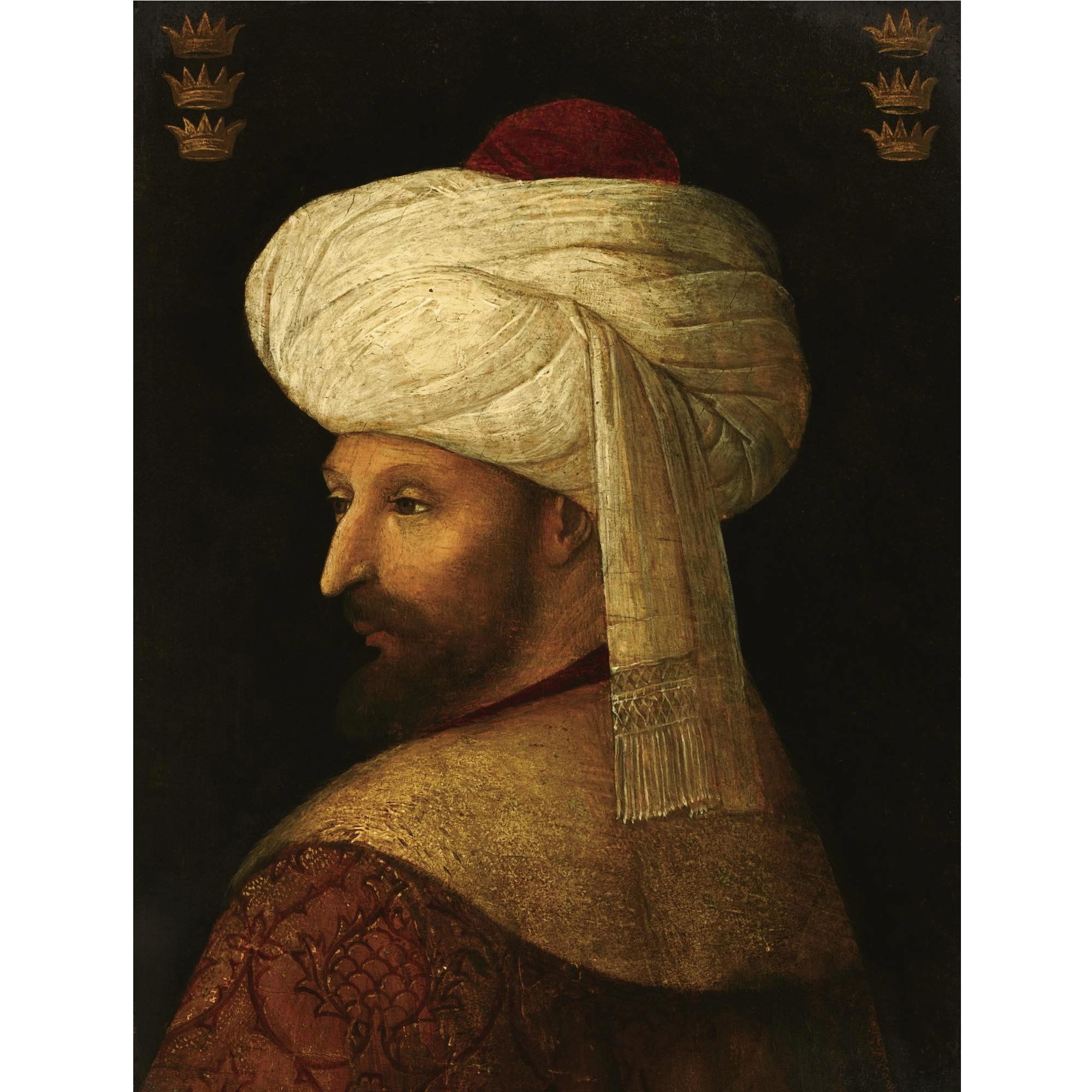City Series: Istanbul
Turkey’s history in brief
The history of Turkey dates back to ancient times, with the region being home to various civilizations and cultures. Some of the earliest known inhabitants of the region were the Hittites, who established an empire in Anatolia around 1600 BC. Over time, the region was also inhabited by the Greeks, Persians, Romans, and Byzantines.
In the 11th century AD, the Seljuk Turks conquered much of Anatolia and established a powerful empire that lasted for several centuries. During this time, the region became a center of Islamic culture and scholarship. The Seljuk rulers also patronized the arts, architecture, and literature, and their influence can still be seen in many buildings and monuments throughout the region.
In the early 20th century, Turkey underwent a period of significant political and social change. After the collapse of the Ottoman Empire (1918) in the aftermath of World War I, Mustafa Kemal Ataturk led a nationalist movement that established the modern Turkish Republic in 1923.
Ataturk implemented a series of sweeping reforms aimed at modernizing and secularizing Turkish society, including the adoption of a new alphabet and legal code, the abolition of the Ottoman Caliphate, and the establishment of a democratic, parliamentary system of government.
Since its founding, Turkey has been an important player in regional and international politics. The country has experienced periods of economic growth and political stability, as well as periods of instability and conflict, including a military coup in 1960 and ongoing conflict with Kurdish separatists. Turkey has also been involved in various regional conflicts, including the Syrian Civil War and conflicts with Greece over territorial disputes in the Aegean Sea.
Istanbul history in brief
Istanbul, formerly known as Byzantium and Constantinople, is a city with a long and rich history. It has been inhabited since ancient times and has served as a center of culture, trade, and political power for various empires and civilizations.
The city was originally founded as Byzantium in the 7th century BC by Greek colonists. It was later conquered by the Romans in 73 BC and became an important center of the Eastern Roman (Byzantine) Empire. In the 4th century AD, the city was renamed Constantinople after the Roman emperor Constantine, who made it the capital of the Eastern Roman Empire.
In 1453, Constantinople was conquered by the Ottoman Empire under the leadership of Sultan Mehmed II (aka Mehmed the Conqueror), and it became the capital of the Ottoman Empire.

Under Ottoman rule, the city underwent significant development and expansion, with the construction of numerous mosques, palaces, and public buildings.
In the 20th century, Istanbul played a significant role in the establishment of the modern Turkish Republic. Following the collapse of the Ottoman Empire at the end of World War I, Istanbul became the center of the Turkish nationalist movement led by Mustafa Kemal Ataturk. In 1923, Istanbul became part of the newly established Turkish Republic, and it remained the country’s capital until 1927, when the capital was moved to Ankara.
Early recollections
I must have been